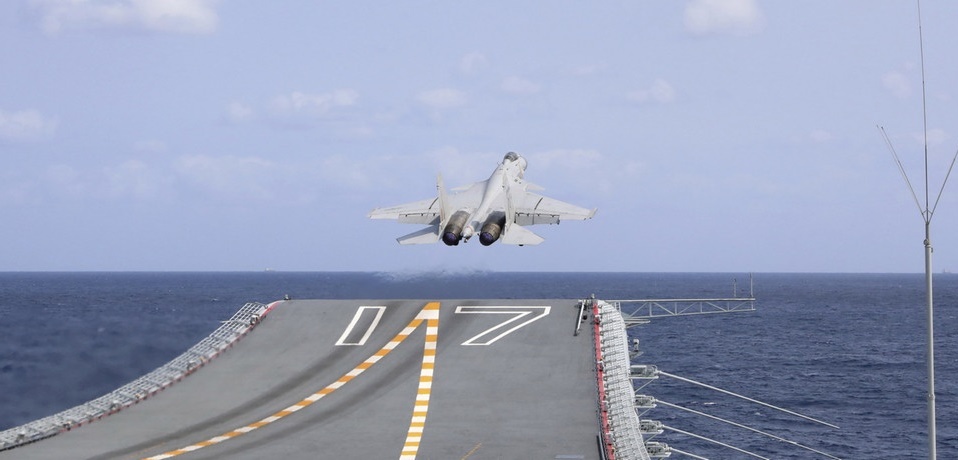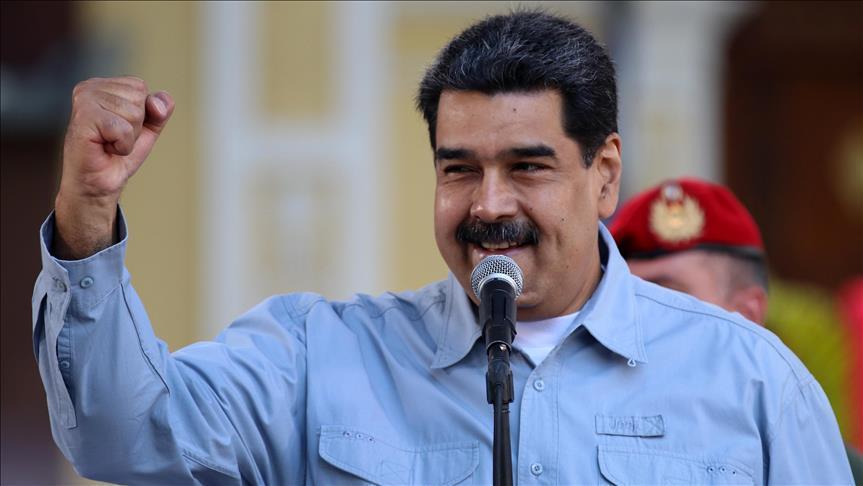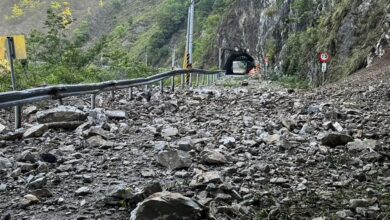China completes military maneuvers: Concerns in Taiwan after a show of force
Even after the end of the Chinese military maneuvers off Taiwan, warships and planes are still active in the region. Hopes of an early solution to the conflict are fading.

Huang Wen-Nan is a vacationer in his own country. The 58-year-old poses with his wife in front of Taiwan’s national defense missile launchers. “We’re used to that,” he says, unimpressed. “It’s not a big deal, we’ve known it for many years. China has always been like this. We’re nervous but not worried. What needs to be done needs to be done now.”
“Completely irresponsible behavior”
China had previously completed the three-day maneuver, successfully, as Beijing said. The military capabilities of various units have been tested in combat conditions. The encirclement and sealing off of Taiwan was practiced, attacks on land targets were simulated, live ammunition was used – the threatening gesture was more than clear. Completely irresponsible behavior, Taiwan’s President Tsai-Ing-Wen posted on her Facebook page last night.
Benjamin Ho, a China expert at Nanyang University in Singapore, says: “Of course, Taiwan claims the right to enter into international relations with partners worldwide.” The People’s Republic does not have a say in this. From a Chinese perspective, however, such relationships and meetings as the one in Los Angeles violated Chinese sovereignty over Taiwan. According to Ho, China must therefore react militarily and economically to make it clear that it rejects these meetings.
Crossing unofficial boundaries
Taiwan’s President met Kevin McCarthy, Speaker of the US House of Representatives, in Los Angeles last week. China protested sharply. The maneuver is considered a direct reaction to this meeting, although, according to the China expert, it was certainly longer in preparation.
With the maneuver, the People’s Republic has shifted previously maintained borders. Literally, according to Taiwan, Chinese fighter jets and bombers repeatedly flew over the so-called middle line of the Taiwan Strait, the previously unofficial but respected border between China and Taiwan. China expert Benjamin Ho is therefore not very optimistic about an early solution to the conflict.
Hoping for a diplomatic solution
Liu We Zhan, who runs a vegetable shop in Taipei, on the other hand, wants to believe in the power of diplomacy: “In the end, that’s not our business, these political conflicts between two countries have to be negotiated at diplomatic level. But of course we want peace on both sides Pages.”
During talks yesterday about Chinese-Japanese territorial claims in the East China Sea, government officials in Tokyo also expressed their great concern about a further escalation in the Taiwan Strait, a shipping route that is extremely important internationally.


